POOR STATE OF KINONI-KABWOHE ROAD IRKS SHEEMA AND RWAMPARA RESIDENTS
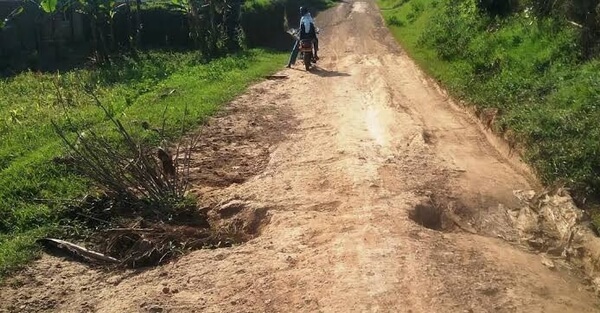
By Mesharch Katusiimeh & Atucungwire Rwebiita
Sheema and Rwampara Citizens are distressed by The Most Neglected Yet Very Resourceful Road and bridge in South Western Uganda. The case of “Milking the Cow without Feeding Her
Open Letter to the RDC Sheema & Rwampara Districts.
Roads and bridges are the most important transport communication medium in the country and are used by almost everyone on a daily basis.
Besides the fact that roads are provided for the benefit of the road user, they also play a significant role in promoting economic growth and the living standards of the population. By means of roads, people have access to markets, places of work, clinics and hospitals, educational institutions, places for sport and leisure activities.
The poor state of the Kinoni – Rwizi River – Ngoma – Itendero/Kabwohe road in Rwampara and Sheema districts is frustrating access to basic services by residents. The road is in a sorry state with numerous potholes, poor drainage and broken culverts among others. Of recent it has deteriorated to a level that one could not have imagined before. Due to the poor road network, residents are finding difficulties to access markets and health facilities especially whenever it rains.
The attainment of government development initiatives, such as: ending poverty for all, universal education for all, child health, maternal health, combating HIV/AIDS and environmental sustainability; without a proper feeder road network in Sheema and Rwampara remains hampered. It is against this background that the we decided write to attract your attention to discover the challenges facing the management of that road and bridge and the analysis underlying causes; and, finally, make recommendations to address them.
Facts about the stretch
1. The 12 KM road is a bypass that connects two major high ways, that is of Mbarara Kasese, and Mbarara Ntungamo Kabale roads.
2. The road connects Rwampara District Headquarters, Kinoni Town Council with Sheema Municipality main commercial town – Itendero – Kabwohe.
3. The road is the busiest marram road in both Rwampara and Sheema Districts.
4. It is the busiest road because of the trucks of sand that ply the route.
5. With increased urbanization of western Uganda especially Greater Mbarara & Bushenyi-Ishaka and the need for quality sand (Kagando) which is only found around River Rwizi and particularly in Ngoma Sheema and the neighboring Nyarubungo parish in Rwampara, there is heavy traffic on the road that has not been witnessed before.
6. Improvements in technology has meant that heavy duty trucks aka ‘sinotruk’ and trailers have dominated this route and destroyed the stretch of road beyond measure. The River Rwizi bridge is also about to collapse. It is a disaster in waiting.
7. The damage to the road and bridge by heavy truck loads that are not limited by measured standard volumes cannot be controlled.
8. The fees currently collected from trucks are in most cases negligible in comparison with the damage caused to the road and are quite clearly ineffective in maintenance.
9. The community has not benefited much from sand mining as sand business proprietors have replaced local laborers with loading machines.
What has been done before to improve on the road?
1. Local residents have tried to fill the huge potholes with soil and other substandard materials as a temporary measure. However, this has escalated the problem and small vehicles can hardly pass in the road.
2. Both local governments (Rwampara District & Sheema Municipal Council) on average once in a year try to grade the road without putting gravel/marram and enough culverts. This probably has been worsening the situation.
3. Local governments claim that the major problem is underfunding from the central government to local governments. For example, it is claimed that only UGX 40 million has been given to Sheema Municipal Local Government for maintenance of the road network in the whole municipality – the 2nd biggest municipality in the whole of Uganda.
Where lies the problem?
1. Heavily loaded and unregulated trucks whose capacity exceed the tones accommodated for a feeder road.
2. ‘Impaired coordination’ between the two local governments (Sheema Municipality & Rwampara District Local Government) as regards to the timing of road works and other related issues.
3. The 2 local governments don’t possess road equipment’s. They rely on neighboring sister local governments road equipment’s.
4. Alleged Corruption at local governments and mismanagement of the little funds provided by the central government for roads including maladministration that surround the meagre local revenue collected especially what sand trucks pay per route to the ‘contractors’.
5. The owners of trucks are not united and don’t speak the same voice. The drivers and owners of the smaller trucks accuse those of heavy trucks of causing more damage to the road. They also accuse the owners of bigger trucks of the capital intensive technology being employed to extract sand thus causing unemployment in the area.
What is the contribution of locals in the area?
1. Locals when mobilized have been quick to provide free labour when contacted and encouraged to work on the road.
2. At times locals may provide free marram when properly mobilized.
3. They pay all forms of taxes levied on them expecting good service delivery including proper road works and maintenance.
4. They religiously take part in campaigning and voting for their favorite local and national politicians hoping those voted will give time to issues and challenges affecting them.
5. They have also sounded alarm bells on poor state of that stretch but most especially the River Rwizi Bridge which is an ‘accident in waiting’.
What has been the contribution of owners of sand trucks that ply the route?
1. In this financial year (2021-2022), the truck owners agreed to pay a fee/tax to local governments. It was said that funds realized from sand trucks was meant for road works.
2. At times these trucks on their own bring substandard soil and haphazardly put it on hotspots (with dangerous potholes) with little or no coordination from local government road technocrats.
What has been the contribution of local and national politicians to solving the issue at hand?
1. Overtime the coordination on how to solve this issue has been lacking from local politicians especially at the Rwampara District level and Sheema Municipality level. Over so many years, the national politicians have tended to blame local politicians without making a serious effort to do their work of lobbying for central government support especially funding to finance proper road works and maintenance of this stretch.
2. It is said that efforts by the national politicians especially the current MPs of Rwampara & Sheema Municipality to stop sinotruks from plying the route because of the danger they pose was frustrated by local politicians & other state/government officials who accept bribes and in turn fail to provide enforcement to ensure decisions taken are adhered to.
What dangers because of the bad road?
1. It is a security threat. Many times locals have engaged in serious and violent demonstrations citing negligence of the area by government. It is said that at times locals have wanted to engage in violent strikes including thinking of burning cars and trucks that ply the route only to be restrained after being told their grievances would be worked on.
2. This road is a vital lifeline for people who live along as it offers access to markets, schools and hospitals. The inaccessibility of this road isolates the local population from socioeconomic benefits. Thus, the poor state of this road has always been a significant cause of poverty in these areas.
3. For example, transport on a bodaboda from Kabwohe in Sheema to Ngoma and from Kinoni Town to Ngoma has risen from 3000 to 10,000 over the last few days because of the poor state of the road. This area is rich in bananas and other produce. Middlemen have already started cheating locals under the guise of a poor road network and the costs associated with it. The cost of moving the produce is extremely high.
What could be done?
1. Since there has been failure to provide leadership, the 2 RDCs of Rwampara and Sheema District should interest themselves in this matter and invite a stakeholder meeting to discuss this issue and get a short and long term solution on this matter.
2. The meeting should involve all stakeholders including truck owners, sand miners, representatives of the local people, local council representatives from LC1 up to LC5, investors in the area, national politicians especially MPs, Ministry of Works, UNRA etc.
3. Consider requesting UNRA taking over the management of the road because of its strategic importance and linkage.
4. Investigate how many trucks ply the route and how much they pay and why the funds collected has not been helpful in the maintenance and rehabilitation of the road.
5. Regulate the volumes trucks carry.
6. If local governments have failed to supervise the collection of a fee on each truck that ply the route, explore ways how these truck owners themselves especially the heavy duty ones could get involved in repairing and maintaining this road with strict supervision of respective local government engineers. This could mean stop charging the fees in return for proper maintenance of the road.
7. Lobby the Central Government to allocate more funds purposively to have River Rwizi Bridge and the stretch from Kinoni to Itendero/Kabwohe road properly worked on to national standards. A Stretch of only 12 km is not something big considering the benefits of a very good stretch to the whole of western Uganda in particular.
In conclusion, we- emphasize that roads are an essential part of modern living. Well-maintained and usable roads make critical contributions to the economic and social wellbeing of a community. The social and physical mobility that comes with having access to a sophisticated and reliable road network is an important part of living in the 21st Century. Beyond the facilities, organizations, businesses and public services that roads give us access to, help communities grow and develop.
I call upon the national leaders especially the RDCs to take interest in coordinating this matter as it is a highly sensitive security issue. Poorly maintained roads will always be a security risk. If possible HE Yoweri Museveni, should be in the know of such issues because probably there are other areas in the country with similar conditions. Thank you.
Mesharch Katusiimeh & Atucungwire Rwebiita,
0772620852/0704372780/0782316191
Email: mkatusiimeh@gmail.com
Concerned Citizens














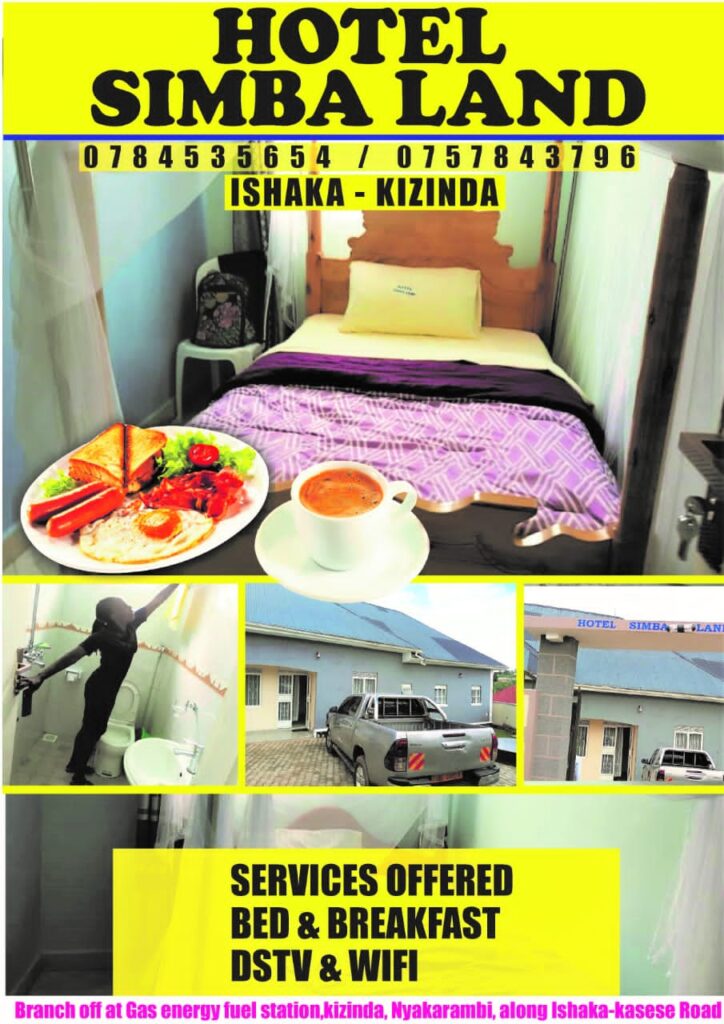

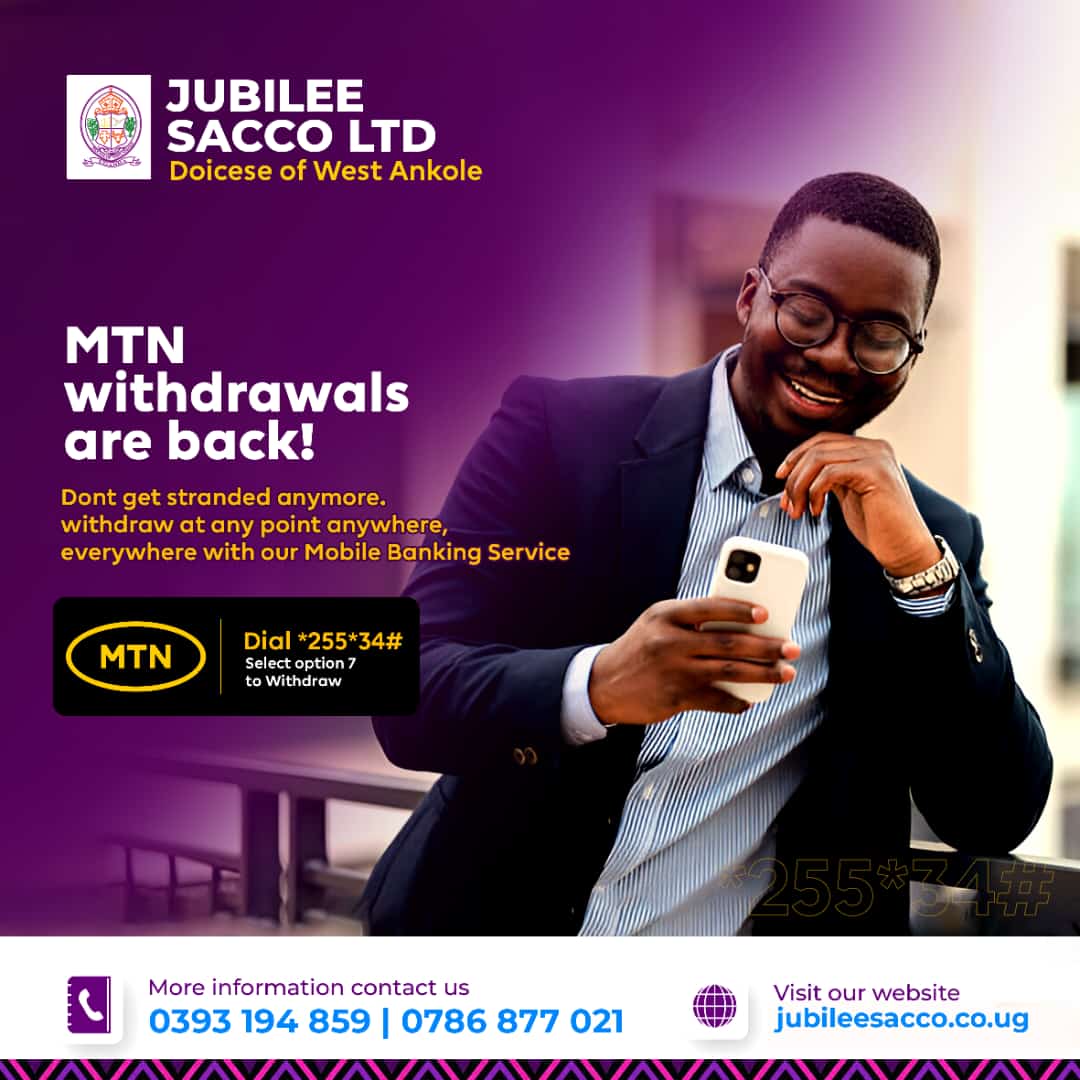
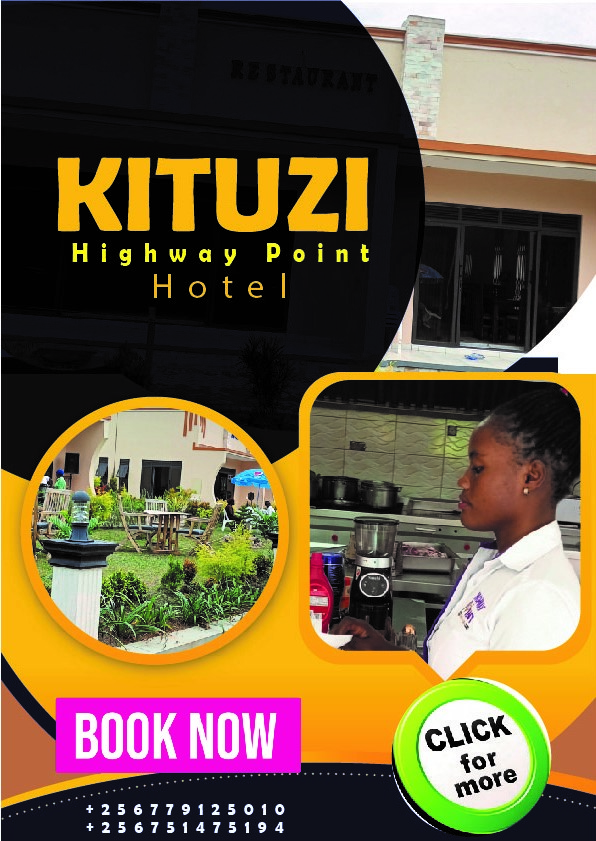
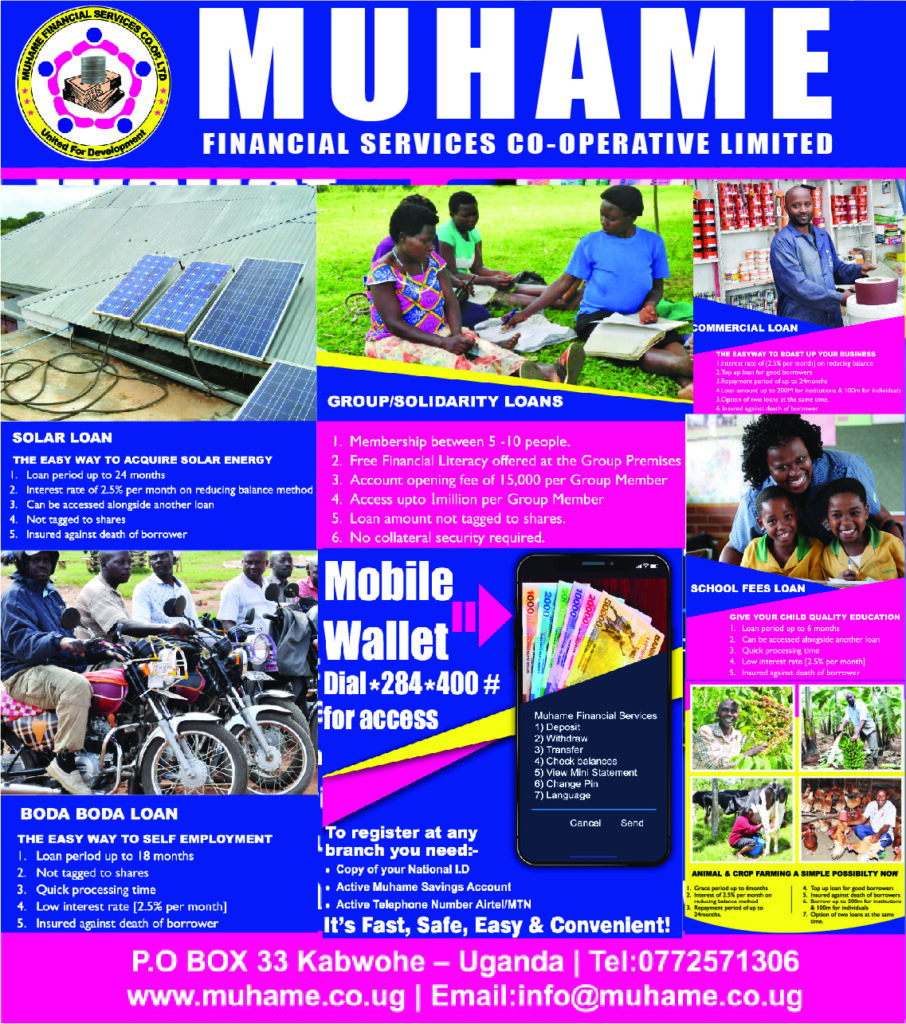
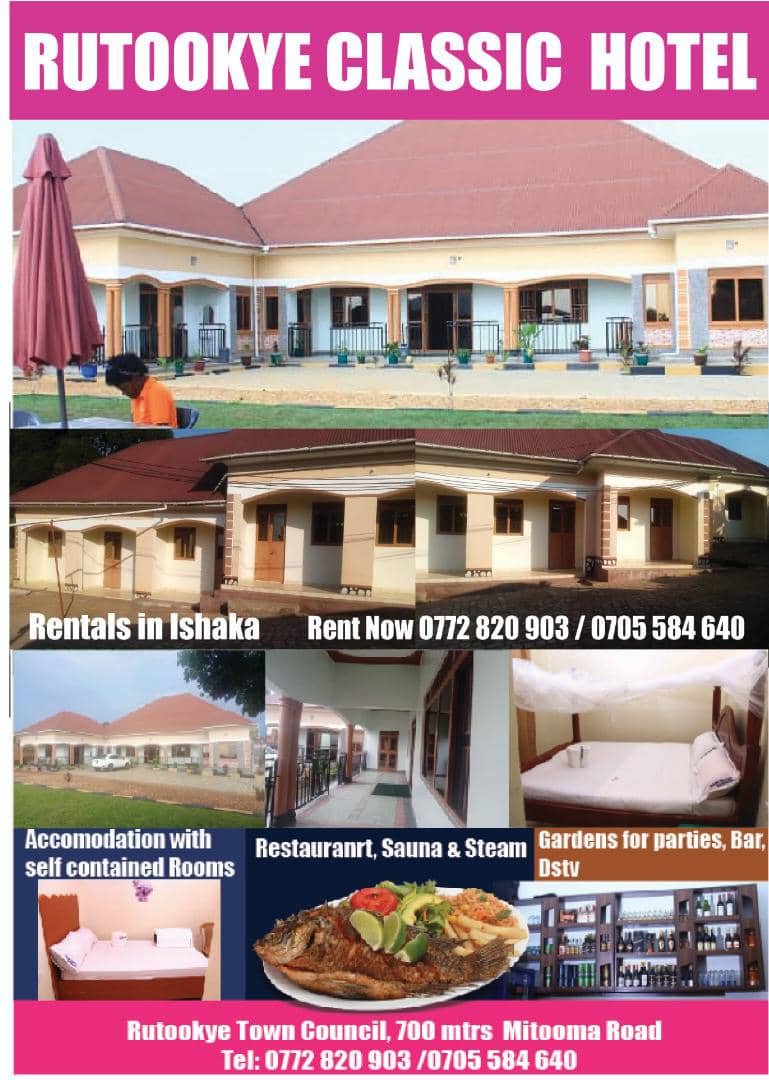
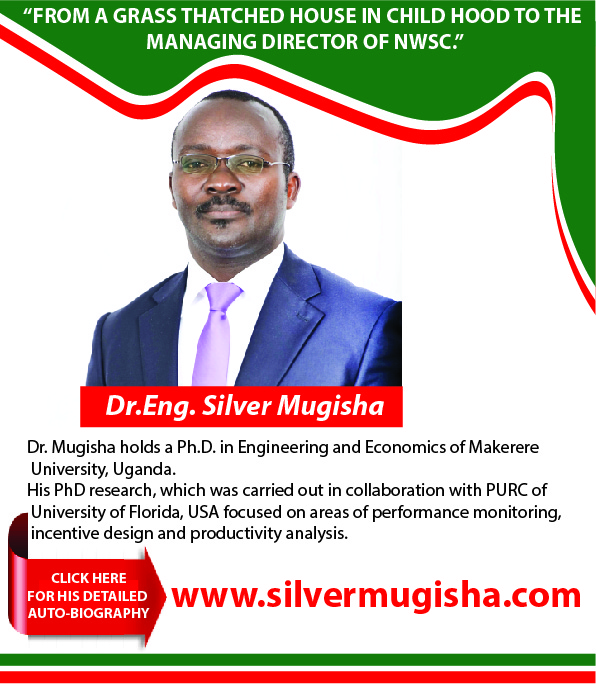

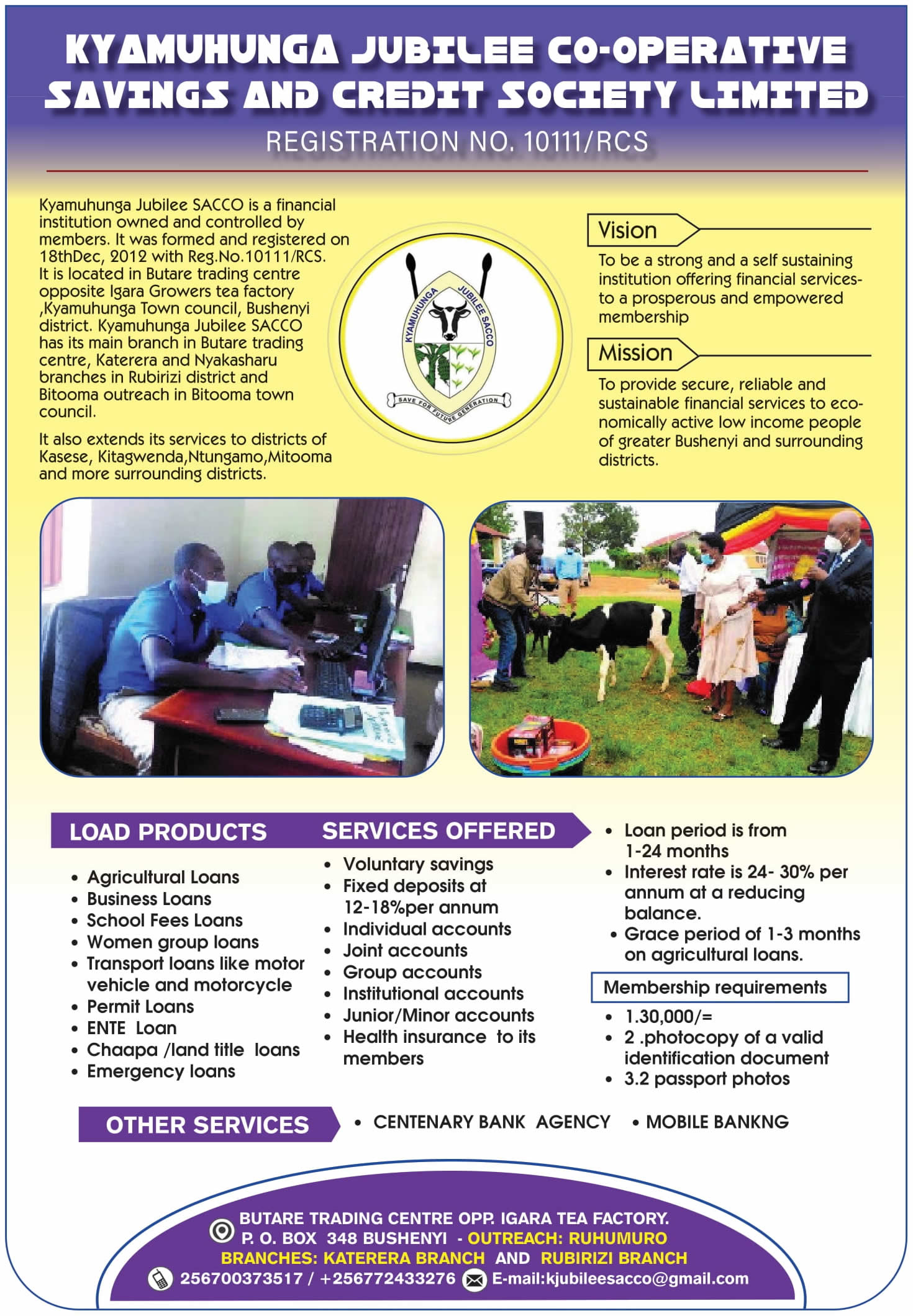
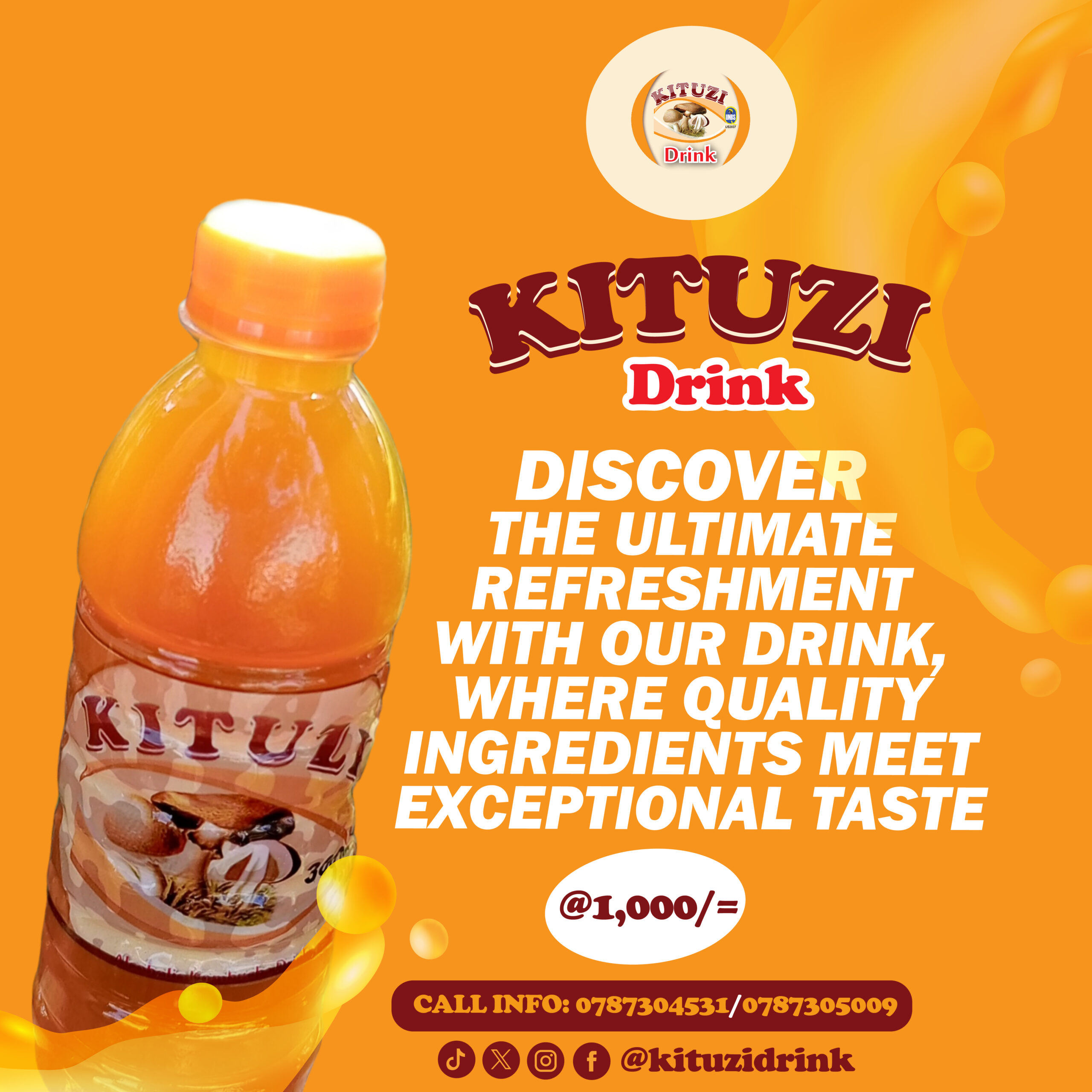
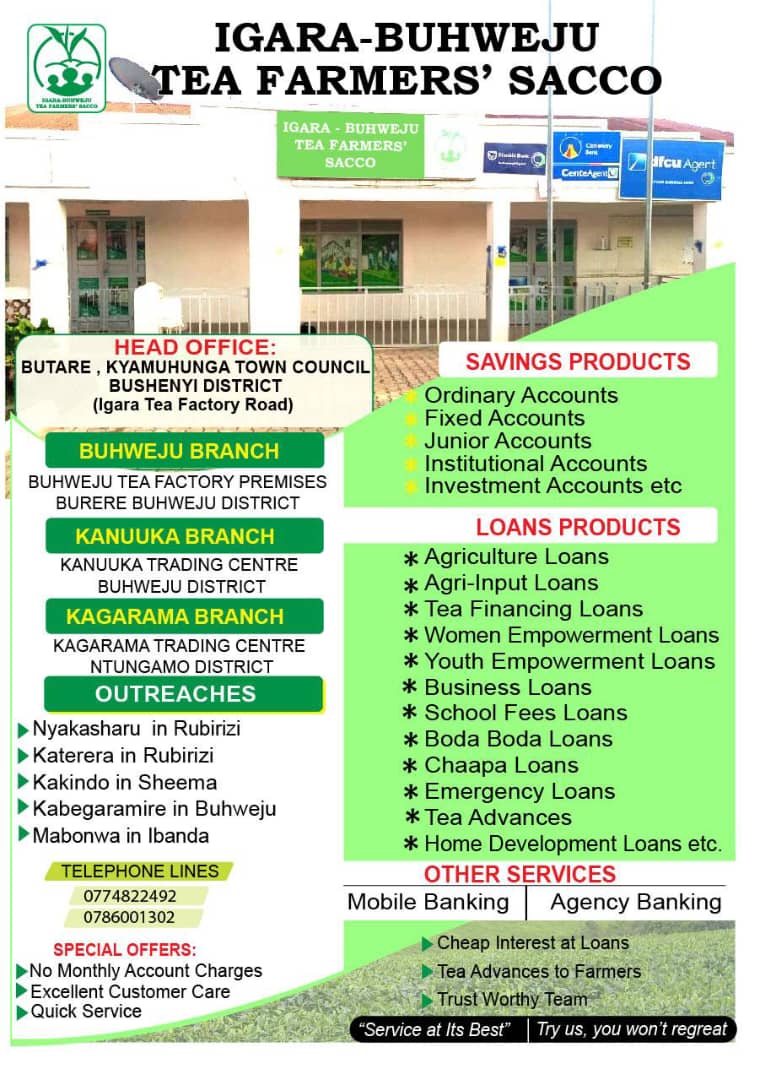





 Views Today : 533
Views Today : 533 Views Yesterday : 745
Views Yesterday : 745 Views Last 7 days : 3160
Views Last 7 days : 3160 Views This Month : 9421
Views This Month : 9421 Total views : 1434104
Total views : 1434104 Who's Online : 1
Who's Online : 1 Your IP Address : 18.188.227.108
Your IP Address : 18.188.227.108